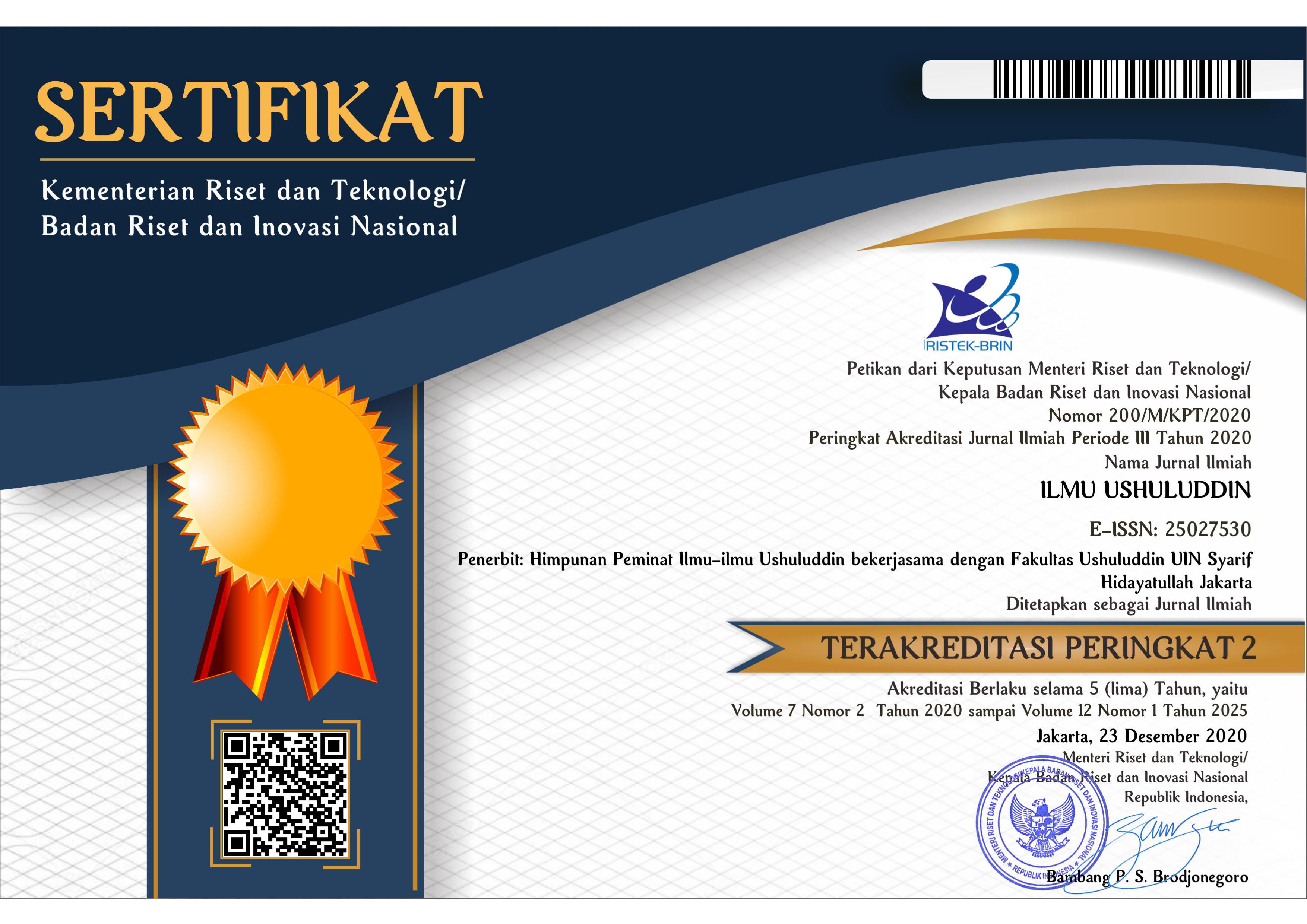Metodologi Studi Islam Kontekstual dalam Menafsirkan Ayat-ayat Al-Qur’an tentang Kesetaraan Gender
DOI:
https://doi.org/10.15408/iu.v7i2.17702Keywords:
Qur’anic interpretation, gender, polygamy, inheritance, family leadershipAbstract
There have been many approaches in interpreting the Qur’an formulated by classical exegetes such as linguistic, logical, historical/traditional and mystical approaches. There are also four methods in interpreting the Qur’an: taḥlīlī (sequential), ijmālī (global), muqarin (comparative), and mawḍū’ī (thematic). This paper will explain postmodern ulama’s approaches, which are contextual, in interpreting the Qur’an: Fazlur Raḥmān’s double movement, Masdar F Mas`udi’s fundamental and instrumental verses; Shaḥrūr’s hudud, Nasaruddin Umar’s gender concept, and categorizations of verses into socio-theologist and theologist by Ashgar Ali Engineer, descriptive and prescriptive by Naṣr Ḥāmid Abū Zayd and informative and normative by Kiai Husein Muhammad. Within the existing approaches, this contextual approach is the addition to the existing four approaches. Within the existing methods in interpreting the Qur’an, these contextual postmodern approaches can be categorized into thematic method but with slightly different steps depending on the approach that one scholar adopted. These contextual approaches will be elaborated by applying them to interpret the Qur’anic verses on gender issues such as polygamy, inheritance and leadership in the family. The results of this interpretation can be used to challenge the existing male biased interpretations of the Qur’an which tend to subordinate women.Downloads
Published
2020-08-08
Issue
Section
Articles
How to Cite
Metodologi Studi Islam Kontekstual dalam Menafsirkan Ayat-ayat Al-Qur’an tentang Kesetaraan Gender. (2020). ILMU USHULUDDIN, 7(2), 209-226. https://doi.org/10.15408/iu.v7i2.17702


